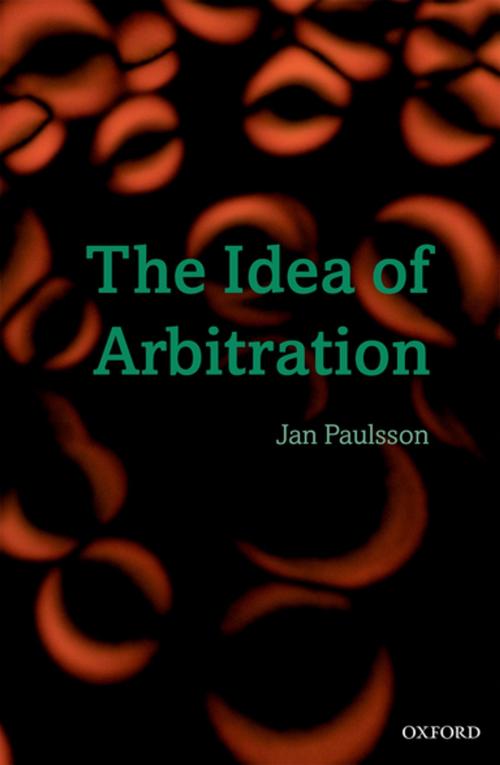The Idea of Arbitration
Nonfiction, Reference & Language, Law, Arbitration, Negotiation, & Mediation, International| Author: | Jan Paulsson | ISBN: | 9780191620935 |
| Publisher: | OUP Oxford | Publication: | November 21, 2013 |
| Imprint: | OUP Oxford | Language: | English |
| Author: | Jan Paulsson |
| ISBN: | 9780191620935 |
| Publisher: | OUP Oxford |
| Publication: | November 21, 2013 |
| Imprint: | OUP Oxford |
| Language: | English |
What is arbitration? This volume provides a novel theoretical examination of the concept of arbitration, attempting to answer fundamental questions which have rarely been addressed systematically in English. It exlores the place of arbitration in the legal process, offering a challenging, yet accessible overview of the field and its theoretical underpinnings and contending that arbitration is important enough to be understood in its own terms, as a sui generis feature of social life. Why do individuals, companies, and States choose to go to arbitration rather than through litigation? Arbitraton can offer increased flexibility and confidentiality, and provides the parties with the opportunity to select the arbitrators. But what makes them want to confide in an arbitrator rather than use the more traditional legal mechanisms for settling disputes? This volume explores what the parties can expect of an arbitrator, and whether and how the conduct of an arbitrator might be questioned and under what authority. It examines the ethical challenges to arbitral authority and and its moral hazards, evaluating the promises and dangers of self-contained systems of decision-making and compliance.
What is arbitration? This volume provides a novel theoretical examination of the concept of arbitration, attempting to answer fundamental questions which have rarely been addressed systematically in English. It exlores the place of arbitration in the legal process, offering a challenging, yet accessible overview of the field and its theoretical underpinnings and contending that arbitration is important enough to be understood in its own terms, as a sui generis feature of social life. Why do individuals, companies, and States choose to go to arbitration rather than through litigation? Arbitraton can offer increased flexibility and confidentiality, and provides the parties with the opportunity to select the arbitrators. But what makes them want to confide in an arbitrator rather than use the more traditional legal mechanisms for settling disputes? This volume explores what the parties can expect of an arbitrator, and whether and how the conduct of an arbitrator might be questioned and under what authority. It examines the ethical challenges to arbitral authority and and its moral hazards, evaluating the promises and dangers of self-contained systems of decision-making and compliance.















